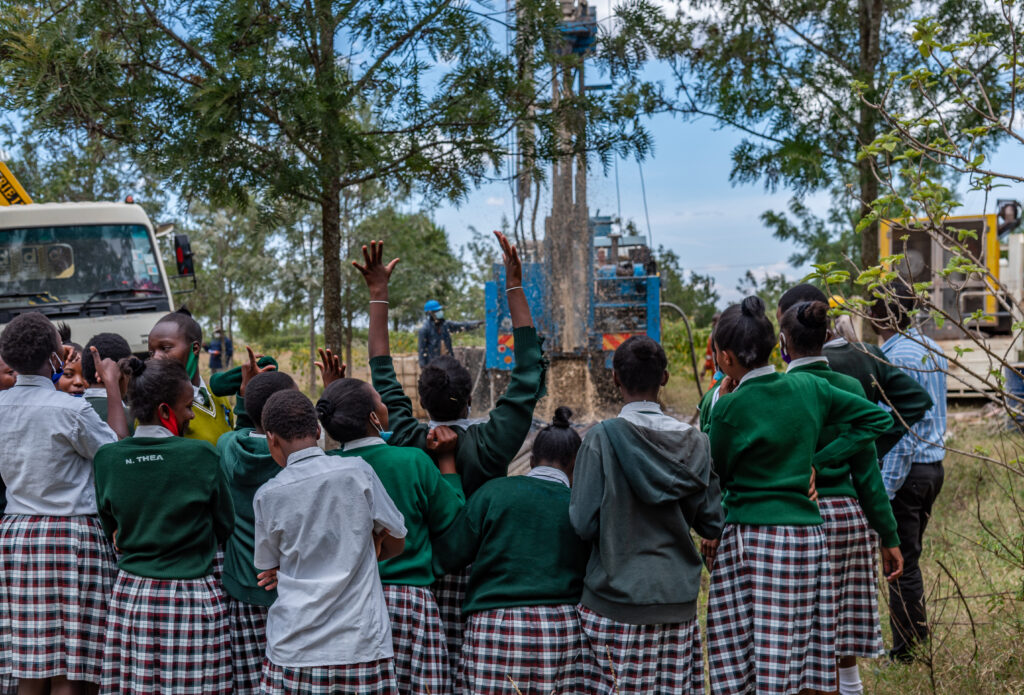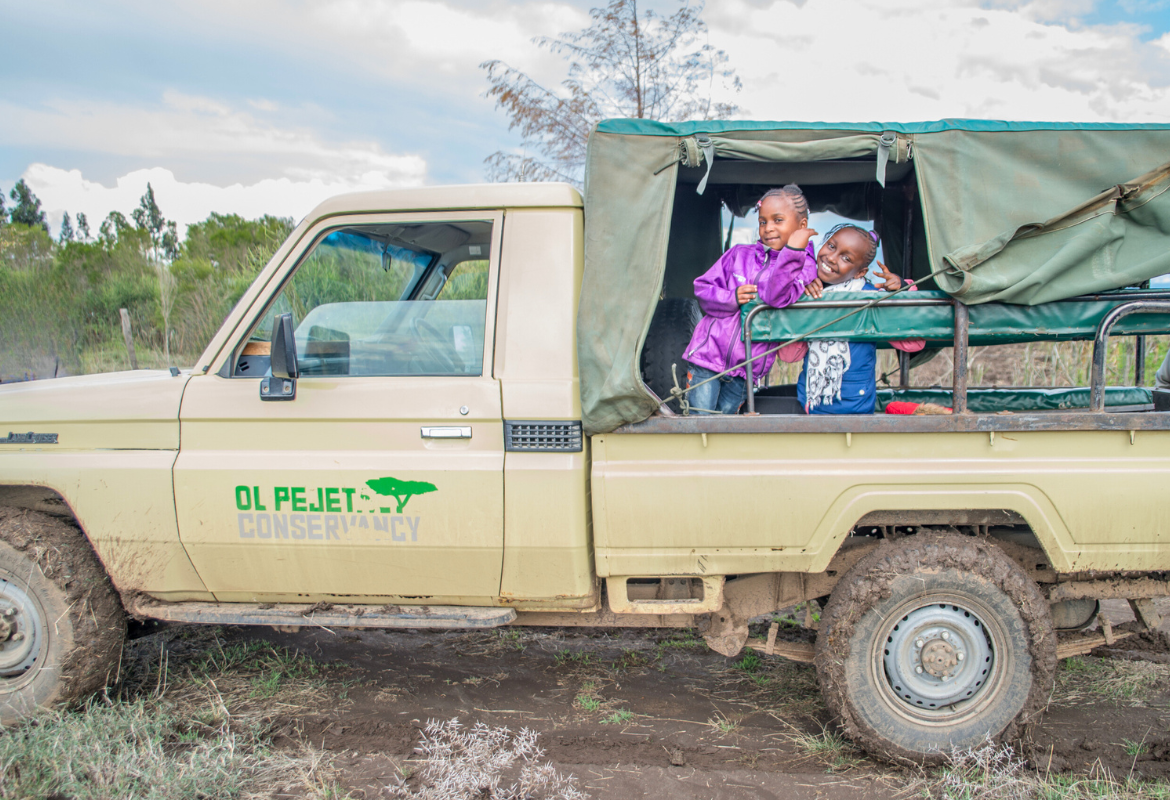July 27, 2023
What is World Conservation Day?
Approximately 3.5 million people die each year due to environmental issues, including air and water pollution, deforestation, and climate change-related impacts (United Nations Environment Programme). On World Conservation Day, we have a chance to take a step back, see what our footprints are leaving on the world, and assess the best way forward in preserving and protecting our environment. To safeguard Earth’s natural resources, each one of us can play a role by first, being aware, and second, doing something about it. But what exactly is conservation, why should we care, and what can we do as individuals to make our environment a clean and safer place for everyone? Keep reading!
Understanding World Conservation Day
The very first conservationist can be seen as far back as the late 1800s, when people became aware of the importance of protecting our plants and wildlife from extinction for humanity’s survival and progress. Globally, World Conservation Day acknowledges that living in a healthy environment and balanced ecosystem is the foundation for all other building blocks in a successful society. Global warming, biodiversity loss, uneven distribution of natural resources, and deforestation are just some of the big issues our environment is facing today, and, while these are huge issues, it is possible and necessary for us all to do our part. By prioritizing conservation efforts, we contribute to ensuring a sustainable and safe life for future generations.
Clean Water + Conservation
Conservation efforts play a significant role in protecting and preserving water resources, guaranteeing that we have an adequate supply of clean water for present and future generations. Conservation also helps prevent water scarcity, which is a growing concern in many regions the world over. By reducing water waste through efficient usage, recycling, and rainwater harvesting, we can alleviate the strain on water supplies and ensure equitable access to clean water for humans, wildlife and ecosystems. Sustainable water systems significantly support this goal, and our Well Beyond App aids our water projects in tracking water usage data. Specific conservation practices such as reducing water pollution, implementing efficient water management techniques, and preserving natural habitats help to maintain the quality and availability of clean water, as well. Overall, the conservation of water resources is essential for preserving water quality, safeguarding ecosystems, supporting human health, and promoting sustainable development.
Wildlife + Conservation
Wildlife and conservation are also intimately linked, as protecting and preserving the natural habitats and biodiversity of wildlife species requires careful conservation practices. The protection and restoration of natural habitats provide essential ecosystems for wildlife species, which is critical for combatting biodiversity loss and extinction. By conserving these habitats, we ensure that wildlife has suitable places to live, find food, reproduce, and thrive.
Preserving biodiversity is also crucial for maintaining healthy ecosystems, as each species plays a unique role in the functioning of their respective habitats. And, of course, clean water and wildlife are intrinsically allied and dependent on one another for sustainability. For this very reason, Well Aware has formed a strong partnership with Ol Pejeta Conservancy, guiding our efforts that are focusing on just that.
Ol Pejeta’s Role in Conservation
Ol Pejeta Conservancy in Nanyuki, Kenya partners with international wildlife, security and research specialists to ensure they stay at the forefront of conservation innovation. These partnerships have led to unique data findings and cutting-edge technology that have contributed to the protection of Ol Pejeta’s diverse species. Their focus on research, innovation, conservation education, and wildlife protection have contributed to their team being awarded Africa’s Leading Conservation Company in the 2022 World Travel Awards.
Well Aware has been a partner with this globally recognized organization since 2019, amplifying the impact for surrounding communities in Laikipia, Kenya by sharing resources and expertise, thereby enabling both of our organizations to implement more community development projects and further empower local stakeholders. There are numerous villages surrounding Ol Pejeta’s land that lack clean water, so Ol Pejeta brings these communities to our projects team, and together we design and implement clean water systems for each specific region’s needs. Our teams have implemented 4 water projects in partnership with Ol Pejeta and there are 3 more projects currently in progress, impacting more than 12,000 lives.

Our Ol Pejeta partnership has made a valuable difference in our work and mission, and we hope it can serve as an example for effective NGO collaboration. Given the increasing number of organizational efforts in almost every corner of the world, this type of expertise and resource sharing can create stronger, more effective, and sustainable solutions to address the complex challenges our societies and the world face. We are so thankful for this partnership and Ol Pejeta’s dedication to conservation.
"The only way forward, if we are going to improve the quality of the environment, is to get everybody involved." – Richard Rogers
Now it’s Your Turn
While there are so many ways to get involved and take action this World Conservation Day, we encourage you to learn not only how conservation affects you, but how it affects your neighbors and the world around you. And by supporting organizations that work towards protecting our natural resources, you can make a tangible difference toward a healthy planet. Every share of a blog, dollar donated, and fundraiser participated in will help organizations like Well Aware and Ol Pejeta accomplish more in the fight for our environment and for humankind.
Thank you for being curious, open to learning, and making a true difference in this moment in time. Happy World Conservation Day!
To learn more about Well Aware, click here.
To learn more about Ol Pejeta, click here.



